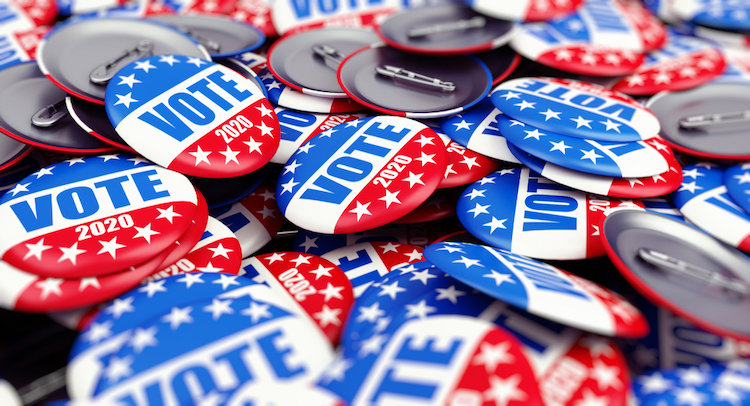Would Barrett recuse in 2020 election case? She spoke of appearances but didn't answer the question

Image from Shutterstock.com.
U.S. Supreme Court nominee Judge Amy Coney Barrett emphasized during her nomination hearing Tuesday that she has made no commitments to rule a certain way in conversations with President Donald Trump, his staff members or anyone else.
“It would be a gross violation of judicial independence for me to make any such commitment,” she said.
She added that it would be “a complete violation of the independence of the judiciary” for anyone to put a justice on the court as a means of achieving a particular result.
Nor would Barrett “pre-commit” to any decisions when pressed by Democratic senators for an answer on how she would rule in specific cases, such as abortion. Barrett said she does not have any agenda, and she will stick to the rule of law and decide cases as they come.
Her refusal to talk about issues extended to questions about whether she would recuse herself in specific cases, including a case involving 2020 election results. Trump has previously said he needs nine justices on the Supreme Court because of the possibility of a disputed election.
Barrett said recusal is a legal issue that is decided by individual justices in consultation with colleagues. Questions of appearances are one issue that would be considered in decisions to recuse, she said.
Barrett would not answer a question from Democratic Sen. Dianne Feinstein of California about whether government would have the ability to delay an election. Any decision would not be reached until hearing from the litigants, reading briefs, consulting with law clerks and talking with colleagues, she said.
“If I give off-the-cuff answers, then I would be basically a legal pundit, and I don’t think we want judges to be legal pundits,” she said.



